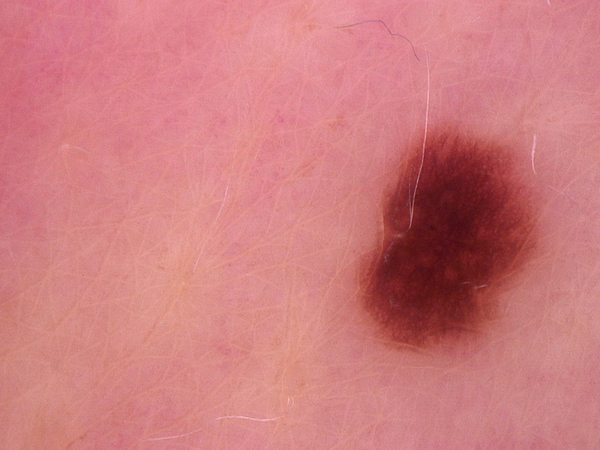Dermatologists specialize in diagnosing and treating conditions affecting the skin, hair, and nails. They play a key role in detecting early signs of skin cancer and other conditions, enabling timely intervention and effective treatment. Here are some reasons dermatologists are at the forefront of skin cancer detection:
Specialized Training
A dermatologist’s education provides a comprehensive understanding of the skin’s structure and function. After medical school, they undergo multiple years of residency training dedicated to dermatology. They learn to identify a range of skin abnormalities, from common rashes to rare diseases. This focused training increases their ability to distinguish between benign moles and potentially cancerous lesions.
Dermatologists are also trained in dermatopathology, the study of skin diseases at a microscopic level. This allows them to examine skin biopsies to provide a definitive diagnosis. Years of experience evaluating skin spots make their visual assessment highly accurate. Career-long pattern recognition helps identify subtle, easily missed changes in the skin’s texture or appearance.
Advanced Technology
Dermatologists use specialized tools to get a closer look at your skin. Some tools include:
- Dermatoscope: This handheld device magnifies the skin and uses polarized light, allowing the doctor to see structures beneath the surface that are not visible to the naked eye. A dermatoscope helps evaluate the pigment and vascular patterns of a skin lesion.
- Total body photography: This technology is used for individuals with many moles to create a baseline map of their skin. The map is used during follow-up appointments to track any new or changing spots.
- Confocal microscopy: For suspicious lesions, confocal microscopy, a non-invasive imaging tool, provides real-time images of skin layers at the cellular level. This can sometimes prevent the need for a biopsy.
These advanced imaging tools help identify subtle features of skin lesions that might indicate melanoma and other types of skin cancer. It is a key step in determining whether further evaluation or intervention is necessary. Early detection can significantly improve treatment outcomes and patient survival rates.
Role in Early Diagnosis
Regular skin examinations performed by a dermatologist contribute to the early detection of skin cancers. When skin cancer is found and removed early, the outlook is generally positive. Dermatologists conduct a full-body skin check, examining areas you might not be able to see yourself, like your back or scalp. They identify suspicious growths that require further investigation. If a lesion appears questionable, a biopsy is often performed. During a biopsy, a small sample of the skin is removed and sent to a lab for analysis to determine if cancer cells are present. This process is a standard part of establishing a diagnosis and guiding the next steps for treatment if needed.
Schedule a Dermatologist Appointment Today
Monitoring your skin is a proactive step for your health. A dermatologist has the specific training and tools to assess your skin thoroughly. Regular check-ups enable specialists to create a baseline and monitor any changes over time. If you have concerns about a new or changing spot on your skin, a professional evaluation is a helpful step. Contact a dermatology office to schedule your skin examination today.














